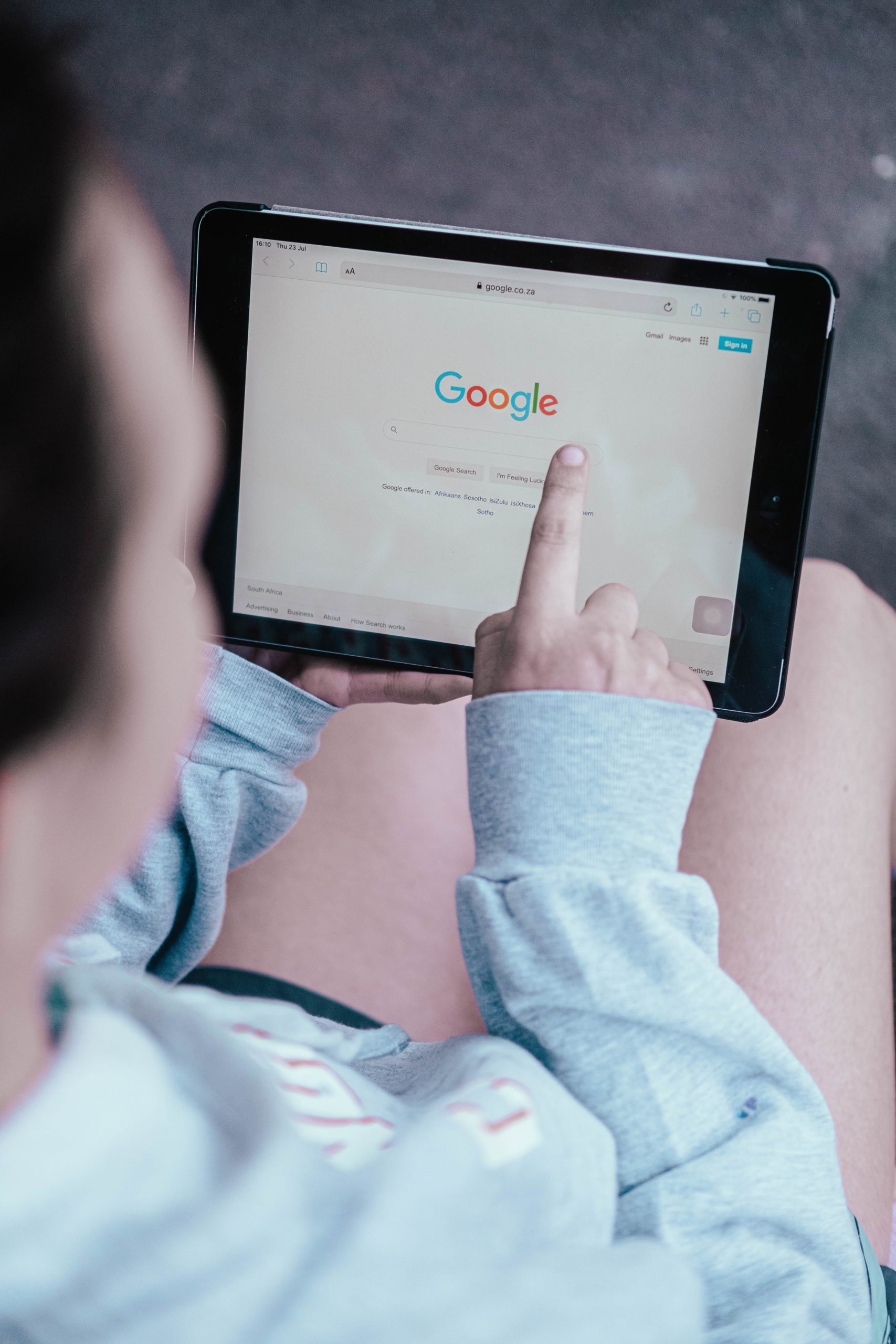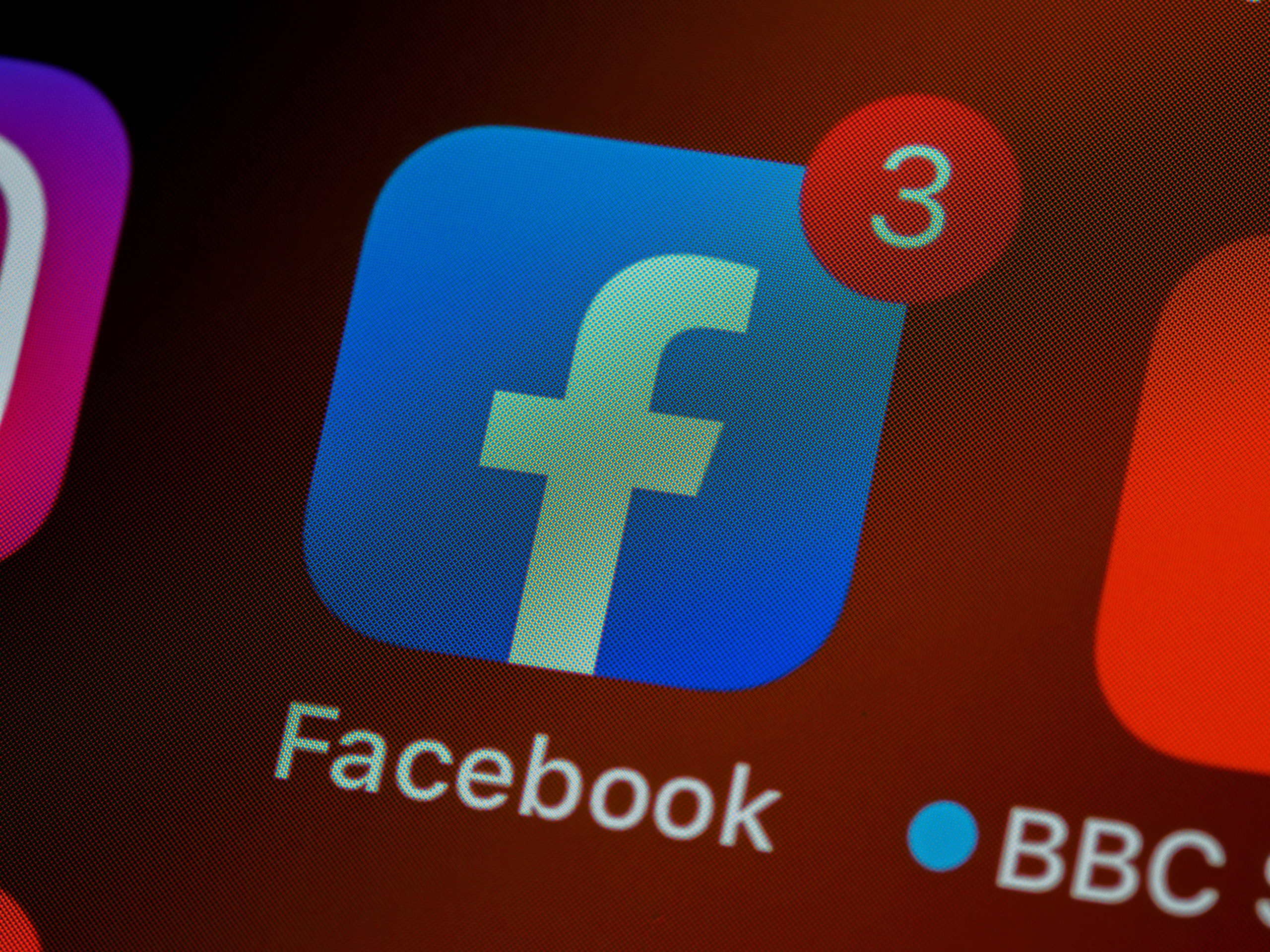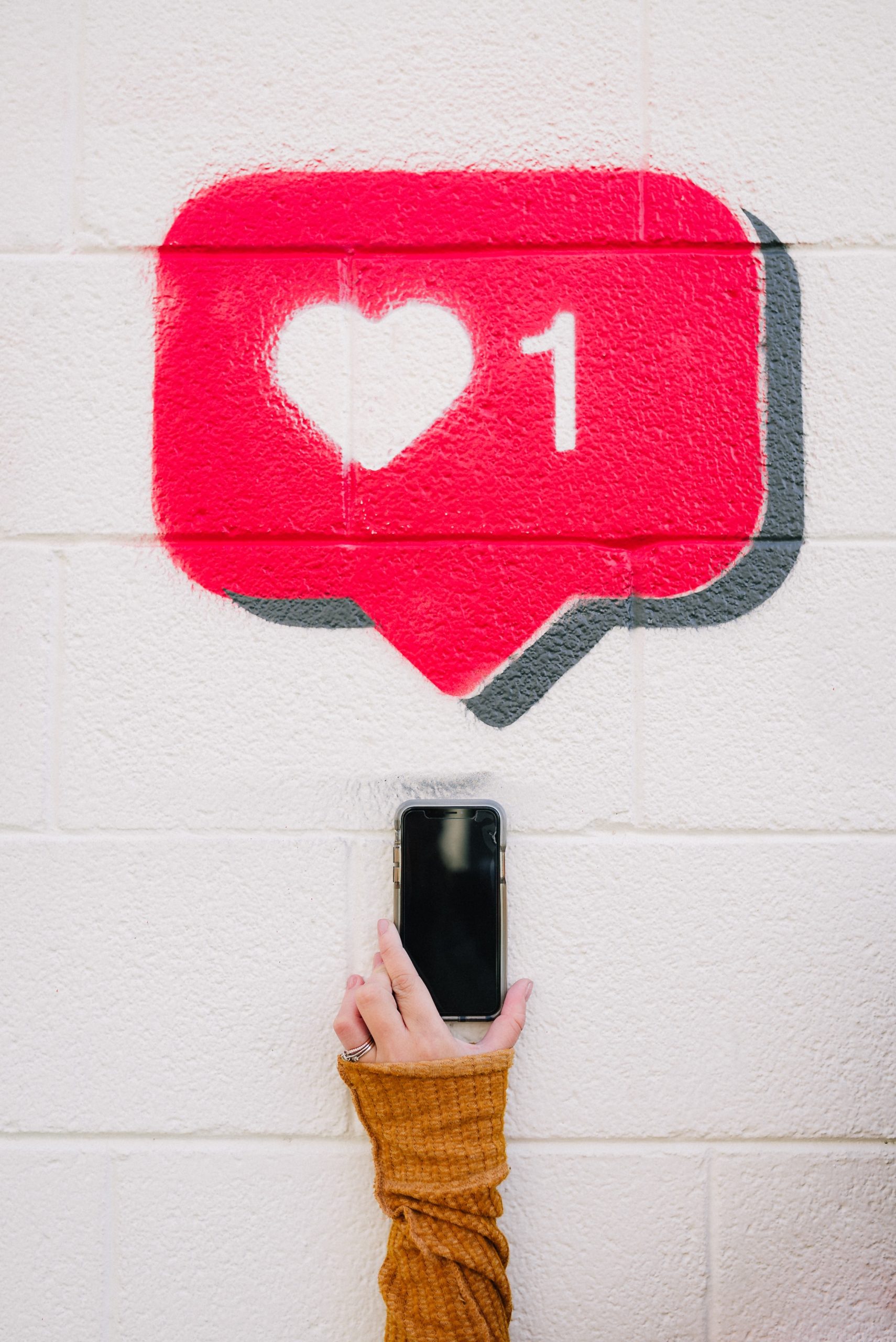Indonesia and Its Digital Illiteracy Challenge
Fake news have become a daily menu in many WhatsApp groups. Facebook bias timeline is teeming with partisan pages rant and filtered ads. Twitter is no different. Social trends are swarmed with fake buzzer accounts and helpless netizens expressing their concern.

Until January 2018, Indonesia is the third growing social media users in the world. With 23% yearly users growth, it is above the average 13% globally. With its population touching almost 265 million, 123 million are online currently. However, most of them see the internet as a medium of absolute freedom, and propaganda of political interest.

The government seems to neglect the core element of the digital era, which is digital literacy. As the internet becomes an artifact of Millennials’ civilization, the absence of digital literacy corrupts the generation.
Fake news have become a daily menu in many WhatsApp groups. Facebook bias timeline is teeming with partisan pages rant and filtered ads. Twitter is no different. Social trends are swarmed with fake buzzer accounts and helpless netizens expressing their concern.
My aunty would copy and paste fake news in my family members’ WhatsApp group. One of my colleagues would post news depicting the nation’s incoming-havoc of the debt-laden present government on Facebook. Jakarta Twitter-trending would be jammed with accounts abusing hashtag propagating new President in 2019.
People believe what they read on social media

People believe what they read on social media. Albeit their high educational background and level of the economy, some people don’t measure the impacts of digital illiteracy in their life.
Sometimes, with only quick scanning or headline-glancing, people share, like, or comment on fake news. With algorithm bias, social media timeline feeds users with things that are buzz-worthy but are not fact-worthy.
Digital literacy is only a buzz-worthy keyword for the sake of SEO optimization. Misinformation of social media is never been mentioned in the school curriculum. Reporting abusive, provocative, and radical content on the internet is never a thing for most teachers.
The Indonesian education system is still calibrating itself with new curriculum projects, teachers’ welfare, and more schools. While the rest of the education world scrutinizing and balancing their needs to meet digital transformation, we could only wait and see.
There was used to be TIK (Teknik Informatika) or Information Technology subject in high schools. However, the Education ministry called the subjects off in 2013. In the 2013 curriculum, the TIK subject is unnecessary because students can understand digital technology outside the classroom. And currently, such disposition is proven fallacious.
I feel quite sure many Indonesian yearns to involve and participate in our education digital transformation. But, the system of our education suppresses the necessary changes. This is probably because ‘the status quo’ assembly considers further adjustment would disrupt their ‘fruitful affair’.
Indonesia in the coming years would still be one of the biggest markets, biggest users, and biggest consumers of digital life. Shaping wiser users and developing smarter consumers should be the government’s main responsibilities. However, these tasks are not on the education agenda.
Filed Under:
Literasi Digital yang Sebaiknya Kita Pahami
Informasi yang kian berlimpah menjadi pedang bermata dua. Ada yang memetik kemanfaatannya. Adapun yang menjadikannya lahan berbuat kejahatan. Terlepas dari fungsi ekonomi di balik keberlimpahan informasi, sebagai user kita pun harus melek dunia digital.

